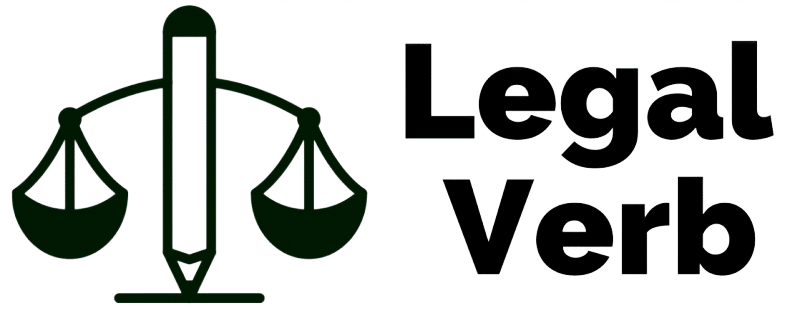How to Master On-Page SEO for Lawyers
As a professional in the legal industry, you know how important it is to have a strong online presence. But these days, simply having a website isn't enough - you need to ensure that it's optimized for search engines. That's where on-page SEO for lawyers comes in.
On-page SEO is the process of optimizing individual web pages to rank higher, allowing you to earn more relevant traffic in search engines. In this blog post, we'll walk you through the basics of on-page SEO and provide tips on how to master it for your legal website.
1. Conduct Keyword Research
The first step in optimizing your legal website for search engines is to conduct keyword research. This involves identifying the keywords and phrases that potential clients are using to search for legal services online.
Once you have a list of relevant keywords, you can use them strategically throughout your website's content. You’ll want to include them in your titles, headings, subheadings, and body text.
2. Optimize Your Website's Structure
Like your visitors, search engines prefer websites that are easy to navigate and well-organized. So, if you haven’t been putting much effort into your website design, then it’s a good time to start.
To improve your website's structure, make sure that your URLs are simple and descriptive, use clear navigation menus, and optimize your internal linking structure. You should also create an XML sitemap and submit it to Google Search Console.
3. Create High-Quality Content
One of the most important factors in on-page SEO for lawyers is high-quality content. This means creating informative and engaging content that provides value to your potential clients.
Your content should be well-written, easy to read, and full of relevant keywords. But it’s important that they sound natural - don’t stuff keywords in there just for the sake of it.
4. Use Meta Tags Effectively
Meta tags provide information about your website's content to search engines. This includes the title tag (the title of the page) and meta description (a brief summary of the page).
For best results, try to include relevant keywords in both the title tag and meta description. But again, don’t just stuff keywords in there, as the meta tags still need to be appealing enough for potential clients to click on.
5. Optimize Your Images
Finally, don't forget to optimize your images for search engines. This means using descriptive file names and alt tags that include relevant keywords.
You should also compress your images to reduce page load times. After all, website speed is another factor that can affect your SEO.
The Bottom Line
These days, optimizing your legal website for search engines is essential if you want to attract potential clients online. Fortunately, by following these tips for mastering on-page SEO for lawyers, you'll be well on your way to improving your website's visibility and driving more traffic to your site.
So, remember to conduct keyword research, optimize your website's structure, create high-quality content, use meta tags effectively, and optimize your images. With a little effort and attention to detail, you can achieve great results with on-page SEO!
Need a hand creating high-quality, SEO-optimized legal content? If so, you’ve come to the right place! Click here to get in touch with Legal Verb, and ask about our legal content services today.

